Encyclopaedia of Buddhism: A World Faith: Vol. IX
Synopsis
The Buddha is aware of both possible extremes, which the emphatically tells us to avoid so as to take the middle course. The Buddha in this inaugurating sermon said: ‘these two extremes, O monks, are not to be practised by one who has given up the world. What are the two? The one, devotion to lusts and pleasures, base, sensual, vulgar, ignoble, and useless, and the other, devotion of self-mortification, painful, ignoble, and useless. By avoiding these two extremes, O monks, the Tathagata has gained perfect knowledge, of the middle path, which produces insight and knowledge, and conduces to tranquillity, to transcendent knowledge, to complete enlightenment, to Nirvana, What is this middle path, O monks? It is the Noble Eightfold Path. Hence everybody very well knows Buddha’s declaration of following the middle path between the two extremes, in spite of his, however, he could not keep from inclining to follow the rigorous side of his moral culture. His middle way, by which he intends to show the mean between the two extremes, indulging exuberant pleasure and leading the severe ascetic life of self-mortification, is still tinged with the colour of asceticism, though of a mild nature. There are moments when every man feels that he is one with the universe, and he rushes forth to express it, whether he knows it or not. This expression of oneness is what we call love and sympathy, and it is the basis of all our ethics and morality. This is summed up in the Vedanta philosophy by the celebrated aphorism, Tat Tvam Asi, "Thou art that". The philosophy of the Buddha has a special place and significance in India thought in as much as it was based on the original and independent thinking of one person Siddhartha called the Buddha. He opposed the Vedic system of thinking and led to a new religious way of life in India. All the orthodox system considered the scripture (the Vedas) as the ultimate evidence for truth whereas the Buddha regarded perception and reason as the ultimate ground of truth. Preferred to explain human life and its problems on positivistic basis.
Read more
71.25
64.125
$
75.00 $
Free delivery Wolrdwidе in 10-18 days
Ships in 2-4 days from New Delhi
Membership for 1 Year $35.00
Get it now and save 10%
Get it now and save 10%
BECOME A MEMBER




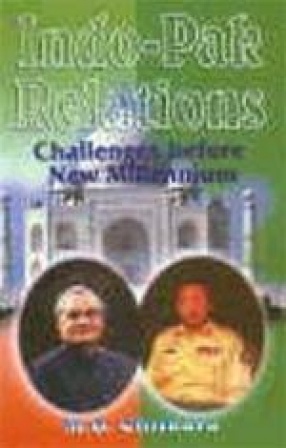

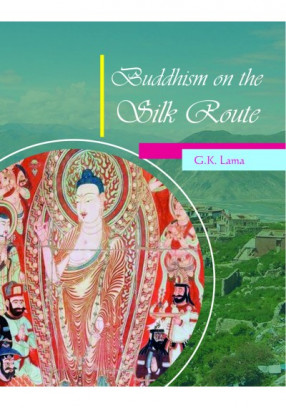
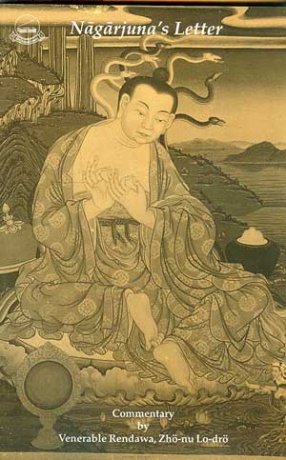
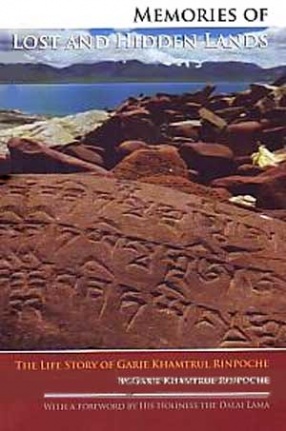
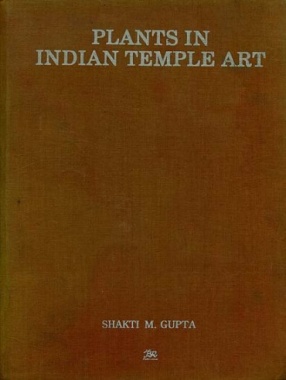

Bibliographic information